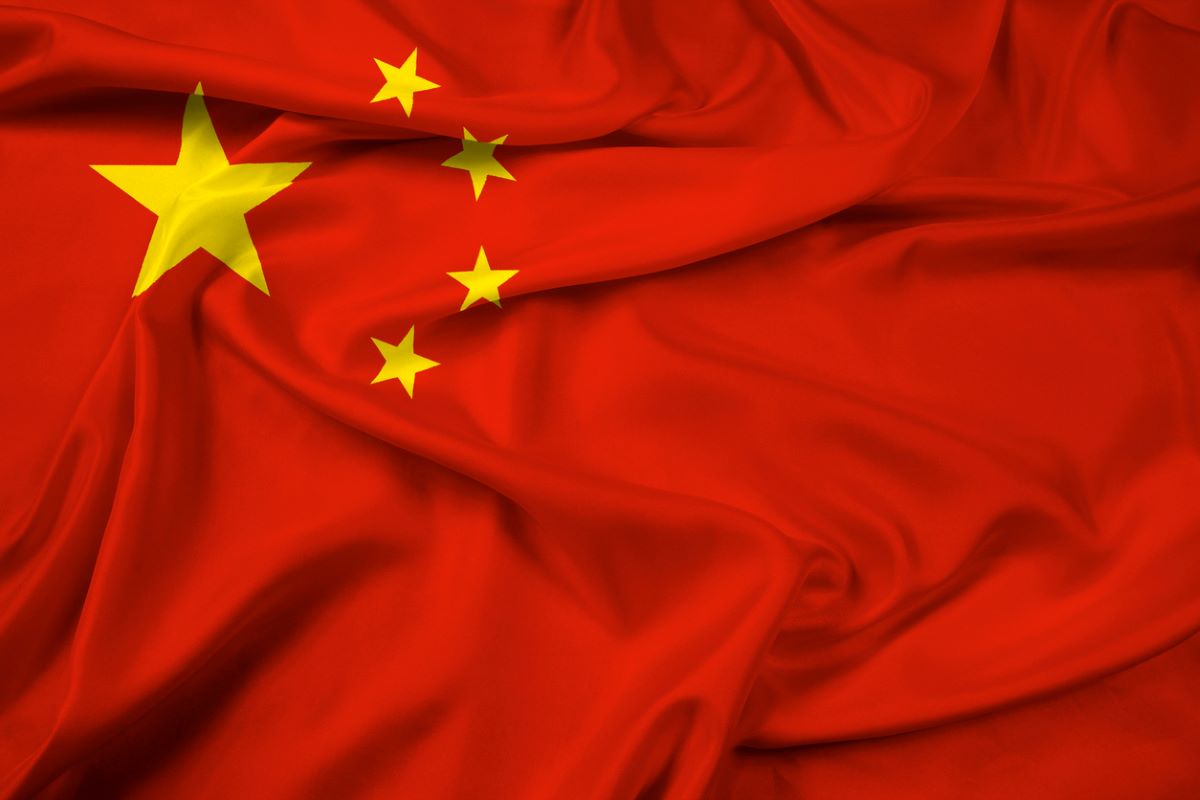For all the talk of change within the communist fold, which means primarily China in the 21st-century post-Cold War world and its version of that ideology, there is one tactic the Chinese Communist Party has maintained from the heyday of the global communist order ~ party-to-party or “fraternal” ties with political organisations in other countries. Following in the footsteps of the erstwhile Communist Party of the Soviet Union (CPSU), Mao Zedong did his best to ensure that the CCP too, especially after the Sino-Soviet split of the 1960s, developed ties with Communist parties and left-leaning organisations in nations around the globe. After the dawn of what is known as the “reform era” of economic liberalisation or the promotion of state capitalism in China four decades and more ago, however, this political-ideological and in many cases pecuniary relationship became what may be termed a “catch-all strategy”. Effectively, this has meant that over the past 25 years it hasn’t really mattered beyond a point to the CPC what the ideological leaning of the political party its outreach embraced was as long as it was influential in its country of operation, whether in the government or in the Opposition.
This strategy has, in fact, become a key element in Beijing’s power projection as it seeks to expand its global footprint by co-opting national elites along with providing economic aid in the form of long-duration loans to countries of the global South for infrastructure development. While the Chinese attempt to draw the African continent into its sphere of influence has received its fair share of attention in recent years, the role being played by the CCP in building relations with political and civil society organisations in countries that matter for China’s economy, especially in sub-Saharan Africa, has in the main been elided.
Advertisement
Hong Kong Baptist University scholar Jean-Pierre Cabestan has highlighted the role being played by the CCP’s International Liaison Department (CCP- ILD) in this outreach. The CCP-ILD bureaucracy has intensified its relationship-building efforts with political parties on the African continent, inviting local party officials to make “study tours,” attend seminars, and join “training sessions” in China more often. Its mission and objectives are to play a role complementary to the Ministry of Foreign Affairs, facilitating the access of the Chinese government or party-state to the political elites in Africa and giving it more opportunities to influence and eventually “capture” them, says Cabestan.
The CCP is, of course, more refined than the CPSU, which openly advocated exporting the Russian Revolution to the post-colonial world including Africa for much of the 20th century. Officially, the CCP-ILD’s aim is not to export the “China model” as such, but rather to promote the Chinese “form” of governance, economic organisation, and “democracy,” in sum, enhancing its soft power to take on what Beijing characterises as forces “hostile” to it. To encourage African countries to support norms it has been suggested for a putative China-influenced international order is the endgame. And the party has just begun.











